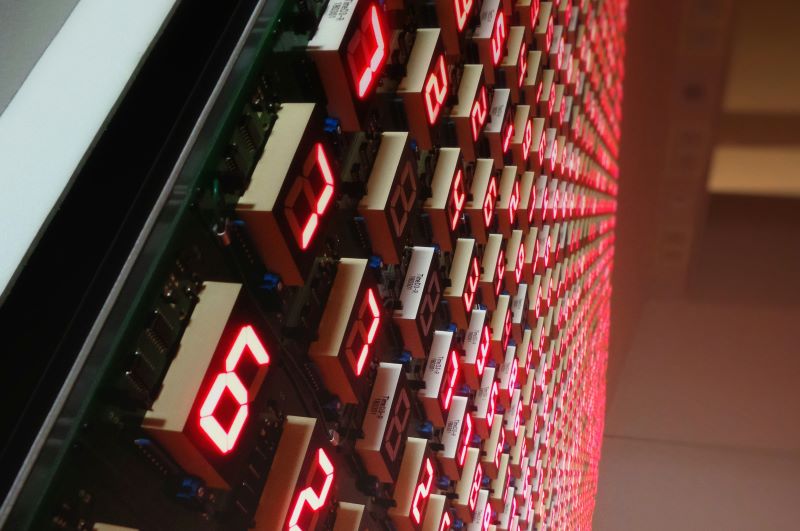IARPA launches CREATE program
 The Intelligence Advanced Research Projects Activity, in the Office of the Director of National Intelligence, announced on February 8 a multi-year research effort to develop and test large-scale, structured collaboration methods to improve reasoning. If successful, the Crowdsourcing Evidence, Argumentation, Thinking and Evaluation—“CREATE”—program will improve analysts’ and decision makers’ understanding of the evidence and assumptions that support—or conflict with—their conclusions. These tools will improve their ability to provide accurate, timely, and well-supported analyses of the complex, ambiguous and often novel problems facing the Intelligence Community.
The Intelligence Advanced Research Projects Activity, in the Office of the Director of National Intelligence, announced on February 8 a multi-year research effort to develop and test large-scale, structured collaboration methods to improve reasoning. If successful, the Crowdsourcing Evidence, Argumentation, Thinking and Evaluation—“CREATE”—program will improve analysts’ and decision makers’ understanding of the evidence and assumptions that support—or conflict with—their conclusions. These tools will improve their ability to provide accurate, timely, and well-supported analyses of the complex, ambiguous and often novel problems facing the Intelligence Community.
“CREATE is a unique opportunity to extend crowdsourcing beyond its traditional applications,” said Steven Rieber, IARPA program manager. “Wikipedia has demonstrated the power of crowds to organize information. Prediction markets and IARPA’s Aggregative Contingent Estimation program have harnessed crowd wisdom to make accurate forecasts. CREATE will combine crowdsourcing with structured techniques to improve reasoning on complex analytic issues. The resulting technology will be valuable not just to intelligence analysis but also to science, law, and policy—in fact, to any domain where people must think their way through complex questions.”
The increasingly complex questions faced by today’s analysts require not only better answers, but clearer understanding and communication of conflicting evidence, knowledge gaps, and degrees of uncertainty. CREATE systems will help analysts explain to decision makers why judgments were made, why seemingly plausible alternatives were rejected, and the major gaps in what is known.
The CREATE program also seeks to develop and test structured crowdsourcing platforms that meet these needs. If successful, these platforms will combine different perspectives to support more rational and thorough exploration of analysis problems.
Through a competitive Broad Agency Announcement, IARPA has awarded CREATE’s research contracts to teams led by George Mason University, Syracuse University, Monash University, and the University of Melbourne. John Hopkins University Applied Physics Lab and Good Judgment, Inc. will work together to independently test the new systems—drawing on thousands of volunteers to try them out and learn how well they work.
Source: IARPA








